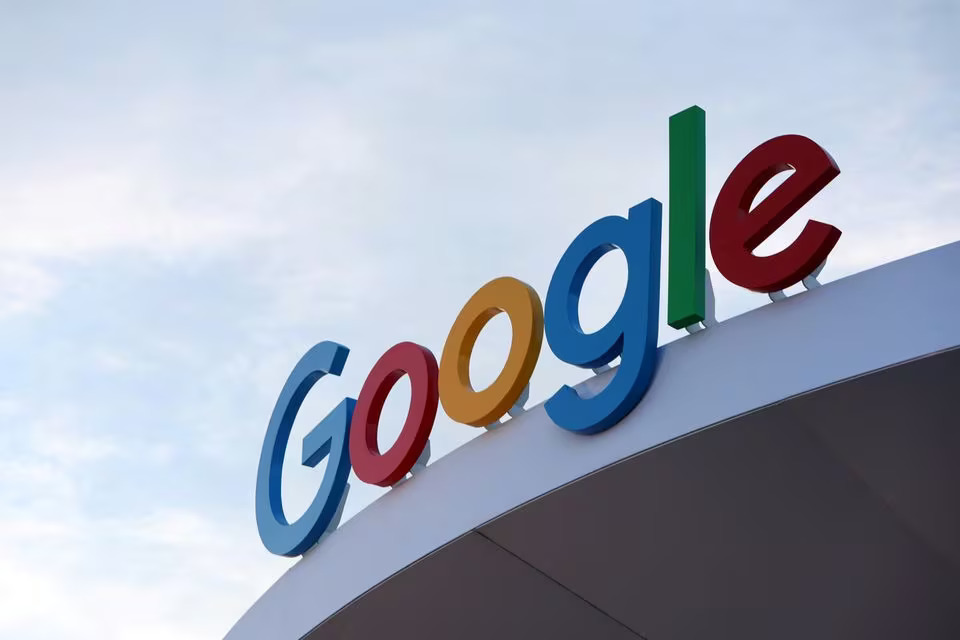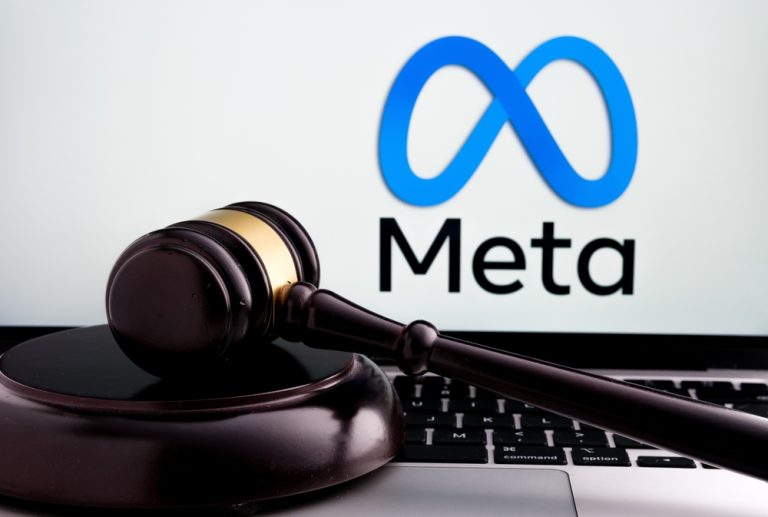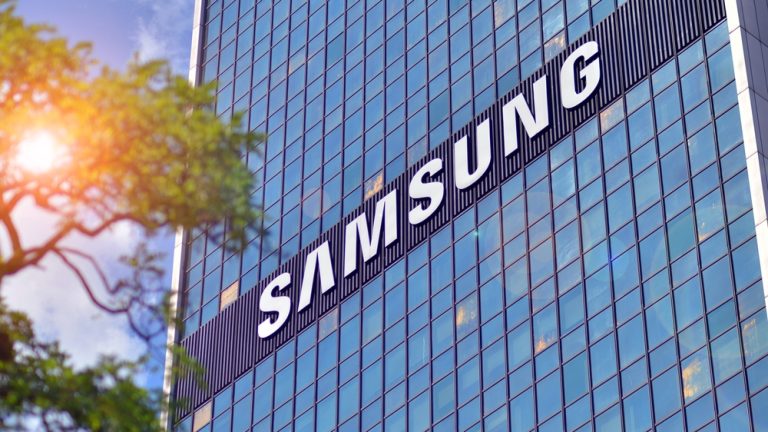In a notable development in the tech industry, Google has settled a high-stakes patent infringement lawsuit involving the chips that power its artificial intelligence technology. The resolution was reached just as closing arguments were set to commence in the trial against Singular Computing, which demanded a staggering $1.67 billion in damages. The lawsuit, filed in Massachusetts federal court, accused Google of misusing Singular’s computer-processing innovations.
The conflict centred around Singular Computing’s claim that Google had incorporated technology developed by Joseph Bates, a Massachusetts-based computer scientist and founder of Singular, into its Tensor Processing Units (TPUs). These TPUs, introduced in 2016, are integral to AI features across various Google services such as Google Search, Gmail, and Google Translate. Singular said this infringement occurred when Bates shared his inventions with Google between 2010 and 2014.
Singular Computing’s lawsuit, initiated in 2019, specifically targeted versions 2 and 3 of Google’s TPUs, released in 2017 and 2018, alleging that these versions violated Singular’s patent rights. Internal emails revealed during the trial’s opening statements on January 9 showed Google’s now-chief scientist, Jeff Dean, acknowledging Bates’ ideas as potentially valuable for Google’s developments.
On the defence, Google maintained that its employees who designed the TPUs never met Bates and that the technology was independently created, arguing that its design was “fundamentally different than what is described in Singular’s patents.” Google spokesperson Jose Castaneda stated that the company did not violate Singular’s patent rights and expressed satisfaction at resolving the matter.
While the specifics of the settlement remain undisclosed, this conclusion ends a significant legal dispute in the tech world. The case highlights the complexities and challenges surrounding intellectual property rights in the rapidly evolving field of AI technology. Both Google and Singular confirmed the settlement, marking the close of a contentious chapter and underscoring the importance of patent rights in the competitive tech industry.























+ There are no comments
Add yours